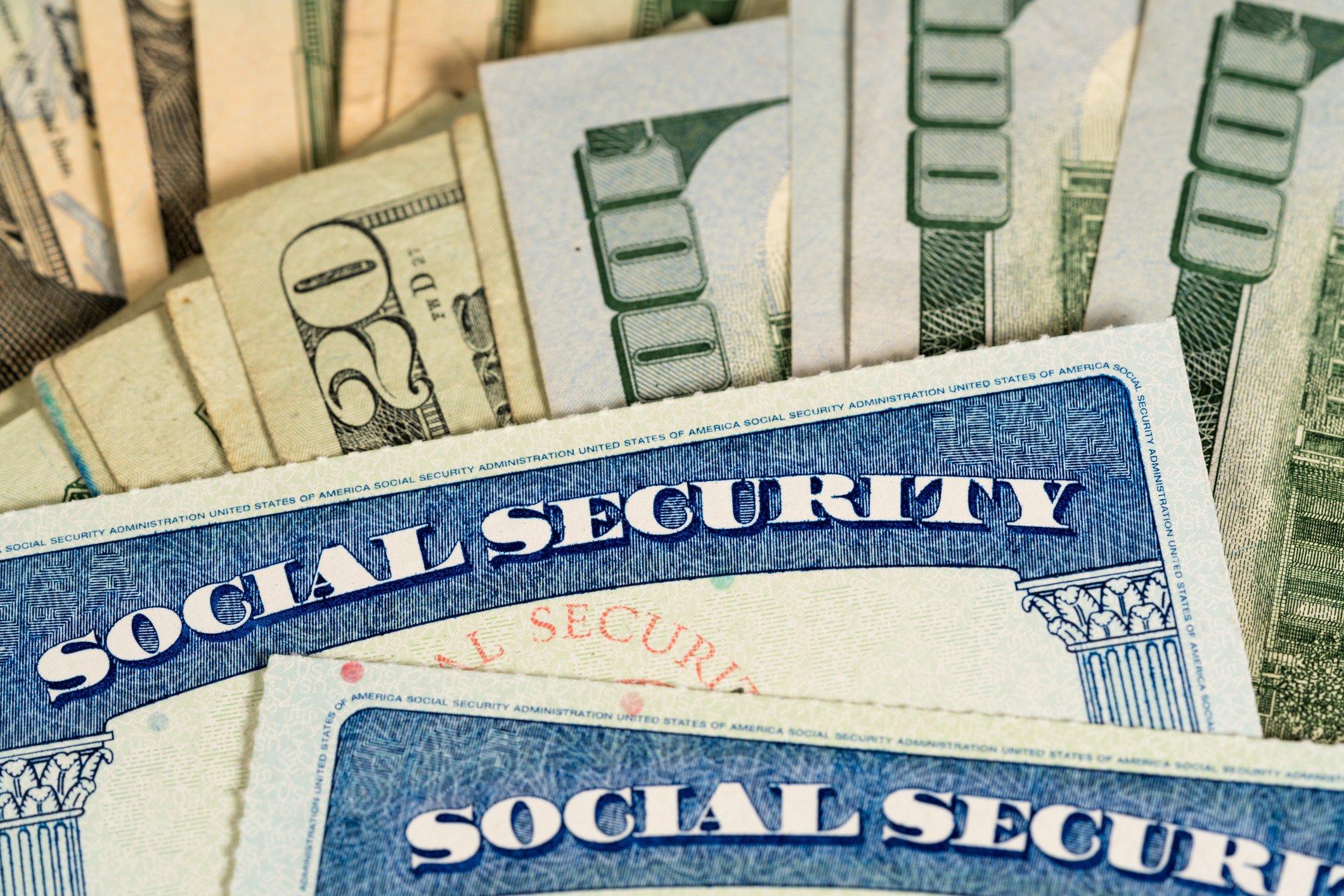When you live paycheck to paycheck, the tiniest hiccup could throw you for a financial loop. And that's a pretty stressful way to live. Unfortunately, it's also a practice that 59% of Americans uphold, according to a recent report by Schwab.
If you've been living paycheck to paycheck, it's crucial that you break that cycle before it lands you in a world of debt. Here's how to start.
1. Use a budget to track your spending
It's hard to spend your earnings responsibly when you have no idea what your monthly bills actually look like and where your money disappears to all the time. That's why it's important to follow a budget. Without one, you'll remain in the dark, and you'll have a harder time ditching the paycheck to paycheck routine.

IMAGE SOURCE: GETTY IMAGES.
To set up your budget, start by going through your bank and credit card statements to see what your recurring monthly expenses look like. Next, factor in once-a-year expenses, because ideally, you should be setting money aside for them month after month. From there, you'll be able to identify ways to cut back on expenses so you're not consistently spending down your entire paycheck.
2. Start living below your means
Once you have your budget in place, you'll have an easier time pinpointing ways to lower your spending so that you're freeing up cash on a regular basis. And make no mistake about it -- you will need to curb your spending and start living below your means if you want to stop living paycheck to paycheck. To this end, identify those expenses you can slash most easily without totally upending your lifestyle. You may decide to give up a car you don't use all the time, or to cut back on leisure spending, like concerts and cable. The choice is yours, but you'll need to get into the habit of spending less than what you earn on a regular basis.
3. Build an emergency fund
When you live paycheck to paycheck, you have no wiggle room to cover unplanned bills. Cutting back on living costs will help in this regard, because it means you'll have money left over from your earnings to tap if unanticipated expenses pop up. But at the same time, you should make a point to build emergency savings so that if you're faced with a really major expense, you won't be forced to resort to debt.
Your emergency fund should, ideally, have enough money to cover three to six months of essential living expenses. Now you're not going to hit that target overnight, but if you make an effort to bank the savings you eke out by lowering your spending, you'll slowly but surely get there.
4. Get a second job
Boosting your income is a good way to get yourself into a more secure financial spot. If you've been in the habit of spending down your entire paycheck, getting a second job in conjunction with lowering your living costs could help you build a nice level of savings for added protection against life's unknowns.
These days, you can turn just about any hobby into a side hustle, whether it's cooking, crafting, photography, pet care, or web development. You can also go the more traditional route and sign up to work for someone else on evenings and weekends, whether it's waiting tables, entering data, or doing whatever it is that'll pad your income.
Living paycheck to paycheck is a dangerous habit that can not only damage your finances, but cause you a world of stress. Follow these tips to break free from that cycle, and you'll be a lot happier for it.





